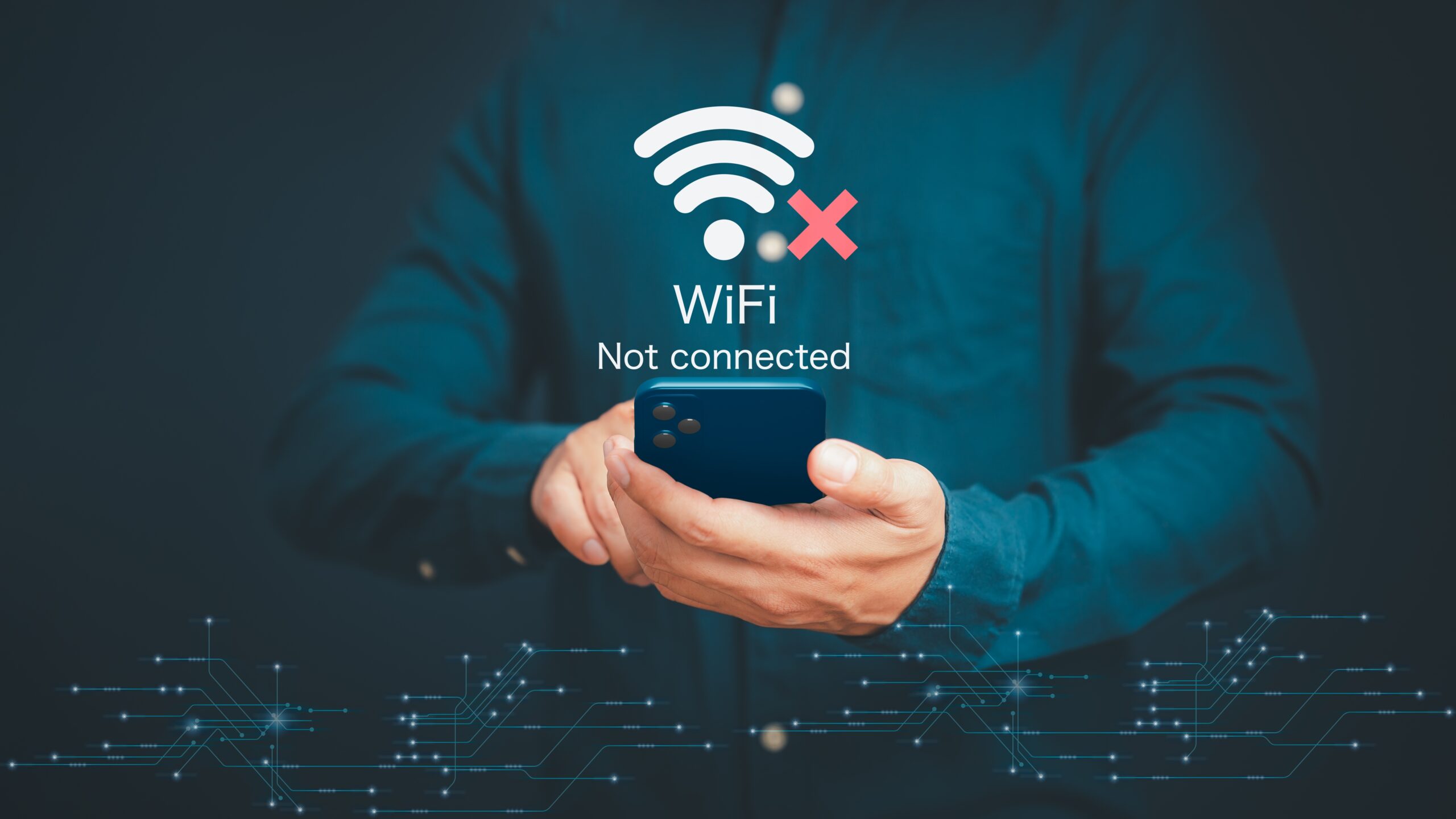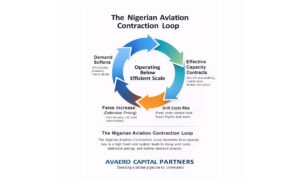The scene repeats itself daily across Nigeria’s air terminals. Travelers waiting for flights pull out their phones, spot promising network names like “FREE AIRPORT WIFI FAAN/NCC” or “Glo Free WiFi,” and attempt to connect. What follows is a familiar cycle of frustration: endless loading screens, authentication pages that never appear, or connections that drop within seconds.
These are the ghost networks of Nigerian airports – WiFi signals that broadcast their presence but offer no actual connectivity. They stand as perfect symbols of a broader pattern in Nigerian infrastructure: systems that exist on paper and in name, but fall dramatically short in execution.
The Technical Facade
Behind these phantom networks lies a tangle of technical inadequacies. Many airport WiFi systems rely on outdated routers, insufficient access points, and unstable backbone connections. When power fluctuations hit – as they frequently do – these systems collapse entirely.
Even more troubling are the networks broadcasting SSIDs without any actual internet connection behind them. They exist purely for show, creating an illusion of modernity without providing the service itself.
Authentication systems compound these problems. When travelers do connect to these networks, they often face login portals that eternally spin or crash due to backend server issues that nobody has addressed for months.
A Governance Problem At Its Core
Who bears responsibility for this digital disappointment? The answer reveals why the problem persists.
The Federal Airports Authority of Nigeria (FAAN) maintains primary responsibility for airport infrastructure. But FAAN’s core focus centers on operational concerns – runways, security, terminal buildings – not digital services. WiFi becomes an afterthought, a nice-to-have rather than essential infrastructure.
When FAAN does attempt implementation, it typically happens through poorly structured contracts lacking robust service-level agreements or performance metrics. No one faces consequences when the network fails for weeks. No penalties apply when maintenance disappears.
When questioned, responsibility bounces between agencies. FAAN points to the Nigerian Communications Commission. NCC gestures toward private contractors. Contractors blame power instability. The circular blame game ensures nothing improves.
The Investment Dilemma
Why don’t private companies eagerly fill this gap? The barrier isn’t technical but financial and regulatory.
Free WiFi presents a challenging business model. The upfront investment – fiber backhaul, enterprise-grade access points, security systems, and maintenance – demands substantial capital. Without direct revenue from users, companies must recover costs through advertising, data collection, or brand promotion.
Here lies another obstacle. Regulatory frameworks governing data collection remain unclear or weakly enforced in Nigeria. Companies considering the “free WiFi in exchange for data” model face uncertainty about what they can legally collect and how they might monetize it.
Add bureaucratic hurdles requiring approvals from multiple agencies – FAAN, NCC, sometimes NAMA, security services, and others – and the business case crumbles further.
More Than Convenience At Stake
While easy to dismiss as a minor inconvenience, functional airport WiFi impacts Nigeria in subtler, significant ways.
International visitors form impressions about Nigeria’s modernity and efficiency from these basic services. Business travelers make judgments about the country’s investment readiness. When basic digital infrastructure fails, it suggests deeper systemic problems.
During emergencies or flight delays, connectivity becomes critical. Families coordinate pickups, business meetings get rescheduled, and travel adjustments happen – but only with functioning communication channels.
For domestic travelers without data plans or those avoiding roaming charges, airport WiFi provides essential digital access. Its absence creates yet another barrier in an already challenging travel environment.
Solutions Within Reach
The fixes aren’t technologically complex or even particularly expensive relative to other airport infrastructures. What’s needed is institutional will and smarter approach.
First, FAAN must recognize connectivity as core infrastructure, not an amenity. This means dedicated budgets, staff accountability, and performance metrics tied to uptime and user satisfaction.
Second, regulatory clarity would unlock private investment. Simple frameworks governing data collection, advertising rights, and revenue models would allow companies to build sustainable business cases for providing “free” WiFi.
Third, creative public-private partnerships could align incentives. Long-term contracts with performance bonuses, access to premium advertising locations, or integration with duty-free promotions could make investment attractive.
Perhaps most importantly, someone must own the problem. Whether a dedicated digital services unit within FAAN or a contracted service provider with meaningful penalties for failure, accountability remains the missing ingredient.
Beyond The Ghosts
Nigeria’s airports handle millions of passengers annually. They serve as gateways to Africa’s largest economy. Yet they struggle with a basic service that regional airports in smaller economies provide routinely.
The ghost networks broadcasting empty promises across Nigerian terminals reveal a deeper truth about governance and service delivery. They represent systems where appearance matters more than functionality, where responsibilities diffuse until no one owns the outcome.
Until that changes, travelers will continue connecting to networks that lead nowhere, a perfect metaphor for too many of Nigeria’s public service challenges.
Disclaimer: The insights shared in this article are for information purposes only and do not constitute strategic advice. Aviation markets and circumstances vary, and decisions should be based on your organisation’s specific context. For tailored consultancy and guidance, please contact info@avaerocapital.com.




